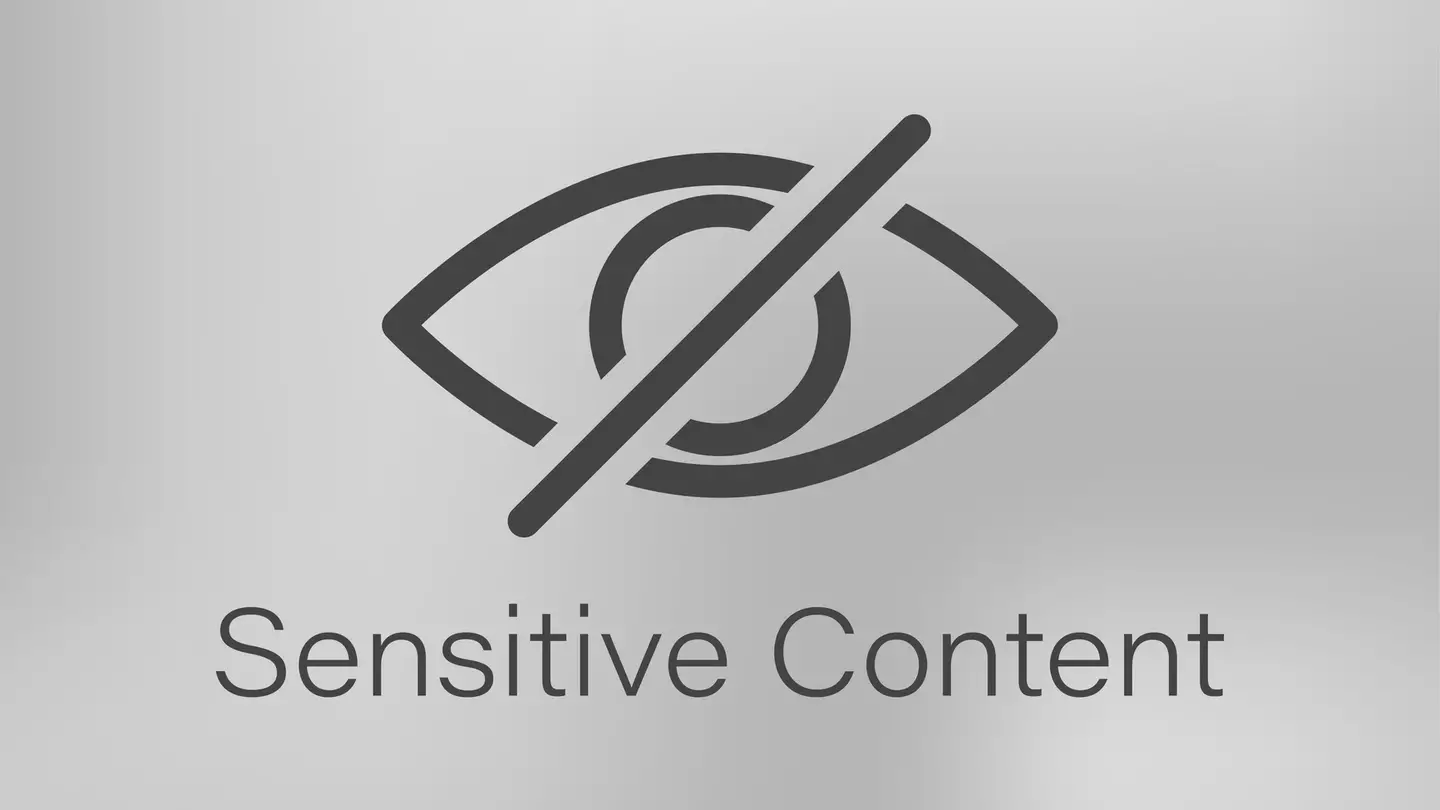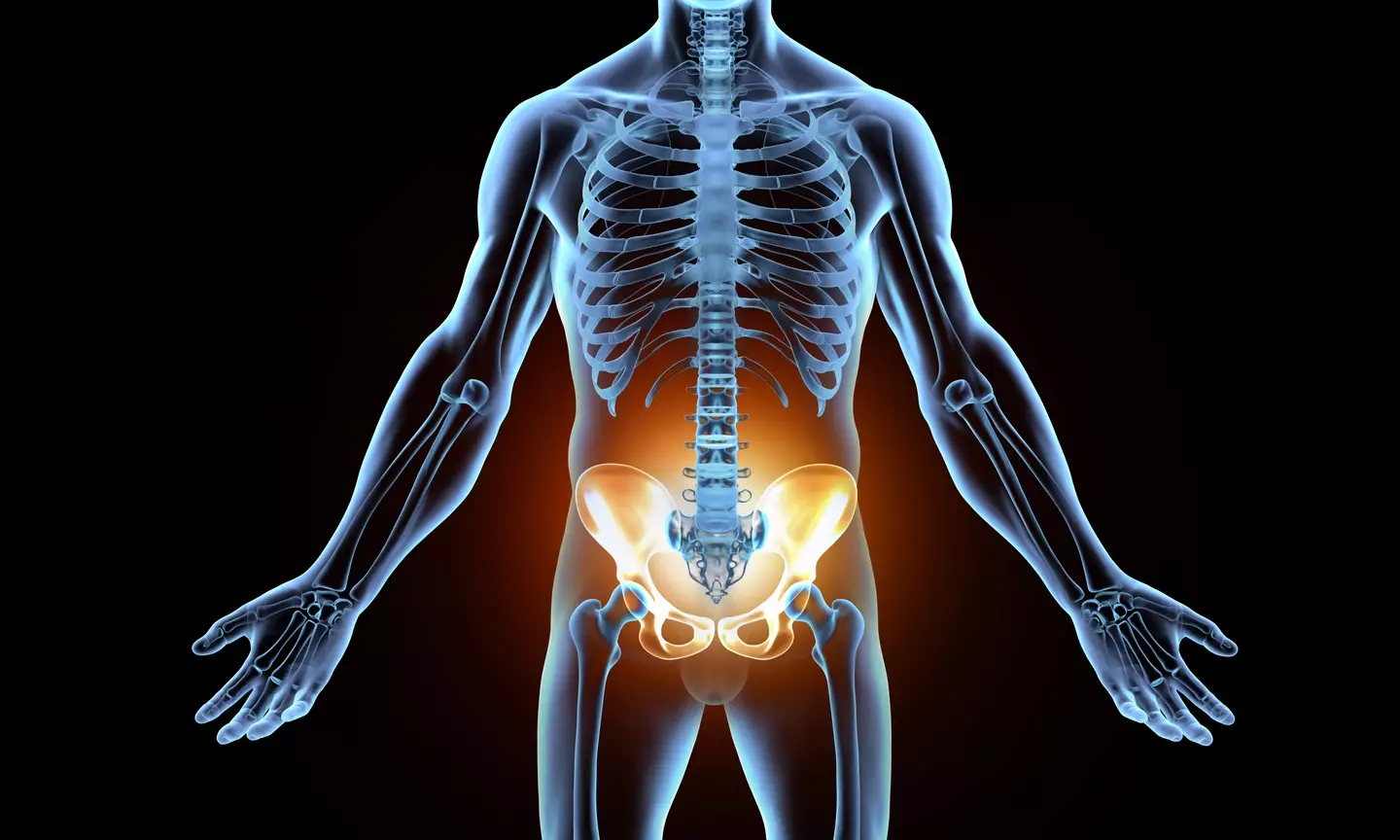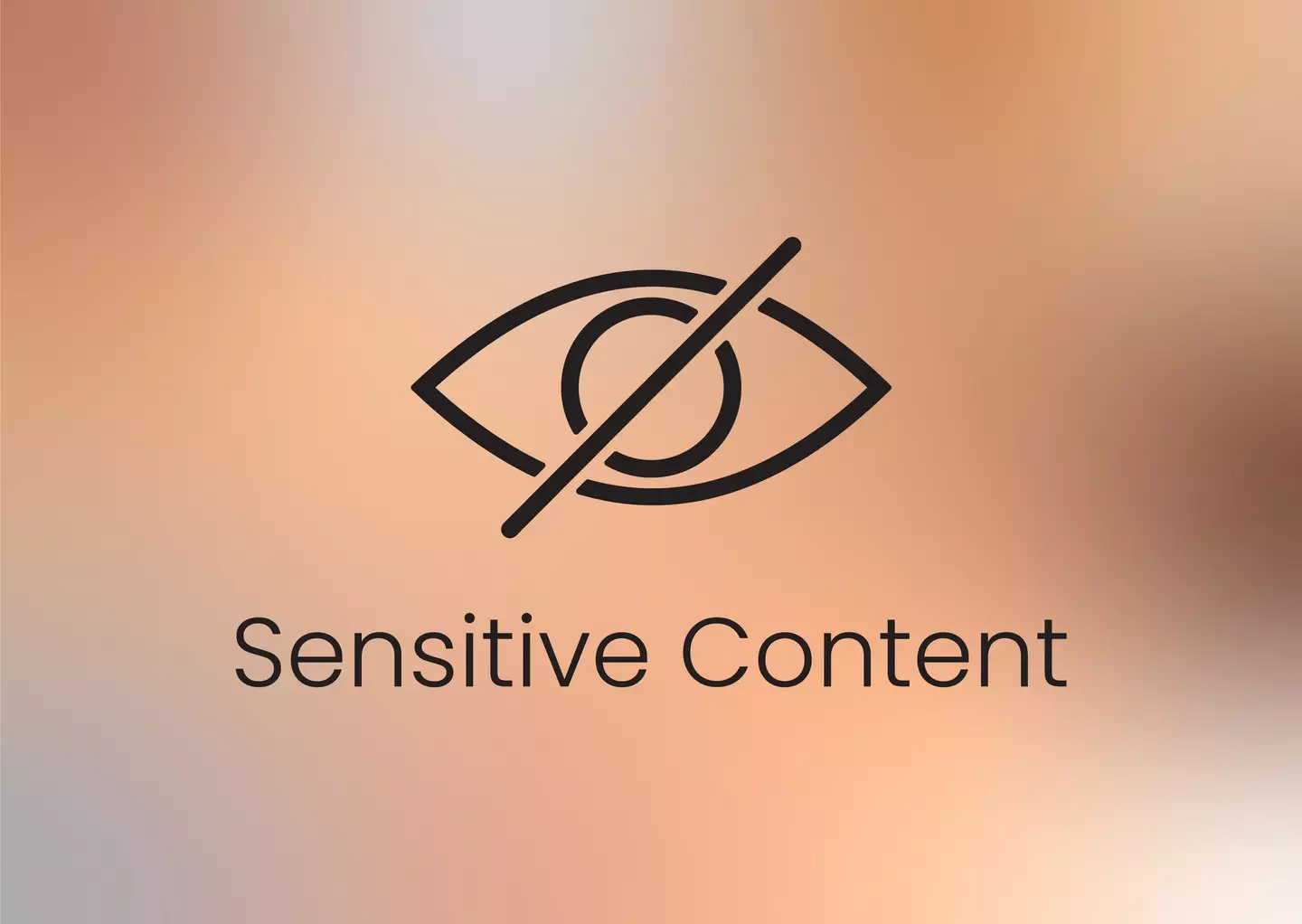
There's a big old discussion about pornography in the UK right now.
Earlier this year, the British government pledged to ban the depiction of a 'dangerous' sex act which is commonly featured in online pornography - choking - and yesterday (November 3), this restriction was officially put into place.
Yep, the Crime and Policing Bill will now see the uploading or sharing of 'choking porn' - or 'pornography depicting any act of strangulation' - criminalised across the country.
Now, it's not to say that every individual who watches porn has a porn addiction per se, but the heightened concern around young people and their relatively easy access to graphic sexual material makes total sense.
Advert

The impact of porn on men
A new study by online pharmacy MedExpress has highlighted the shocking impact porn is having on men's sexual and mental well-being.
It found that two-thirds of UK men are suffering from porn-induced erectile dysfunction, with as many as 26% of UK men not believing they could quit porn for 90 days.
On top of that, 59% of male Brits said watching porn is negatively impacting their sex life, with an even higher 62% of men admitting that porn is impacting their mental health.
How men's porn habits impact women
Oh yeah, and then there's the multitude of the ways in which men's incessant porn watching habits directly impacts the lives of women.
Pornography negatively impacts women's lives through its contribution to harmful societal attitudes and behaviours towards women, its effects on women's mental health and body image, and the exploitation of women in the industry itself.

As many of us know, the content of much mainstream pornography often depicts sexual violence and female degradation as pleasure-enhancing for both parties - something which can directly shape harmful attitudes in viewers, predominantly men.
This translates into real-world harm for women seen through sexual objectification, the acceptance and perpetration of aggression against women, unrealistic sexual expectations, reduced willingness to intervene in a potential act of sexual violence in real life and, of course, sexist beliefs.
Even for women who do not consume pornography themselves, their lives can be negatively affected by the use of partners, as it can lead to relationship damage, insecurity and low self-esteem, body image issues and mental distress.
How watching porn impacts your body
Now, the Diagnostic and Statistical Manual of Mental Disorders (DSM-5) does not formally recognise porn addiction.
But, with that said, many of its symptoms align with the criteria for Compulsive Sexual Behaviour Disorder (CSBD), a condition recognised in the World Health Organisation’s ICD-11.

US neuroscientist Dr Andrew Huberman shared his expertise on the matter - namely delving into the brain-body connection when it comes to consuming adult content online.
Speaking on Chris Williamson's Modern Wisdom podcast, the expert explained how porn can change the way we look at sex as a whole.
"The brain is a learning prediction machine and I'm not trying to say that all pornography is bad, but there is good data to support the idea that if your brain learns to be aroused by watching other people have sex, it is not necessarily going to carry over to the ability to get aroused when you're one-on-one with somebody else," he said, noting that this can create 'challenges with sexual interactions with a real partner'.
The doctor then went on to explain that watching too much porn can leave users desensitised and lead them to search for more extreme content over time.
"Extremely palatable food, extreme pornography, extreme experiences like bungee cord jumping - those set a threshold for dopamine release," Dr Huberman continued.
The expert explained that the higher the dopamine peak, the bigger the drop afterwards.
"It's not that you drop to baseline, you drop below baseline," he outlined. "The amount of dopamine released over time goes down and down and down and pretty much traverses into the level of pain.

"People are back to this thing where they’re scrolling internet porn eight, nine, then hours a day, and they’re wondering why this isn’t effective for them anymore."
Dopamine detox
However, according to the neuroscientist, there's a way out of this harmful cycle - AKA a 'dopamine detox'.
"When people are pursuing dopamine peaks over and over and over, and they aren't getting them, typically it's because they've been pursuing that activity far too often," Dr Huberman noted.
"Staying out of high-intensity, highly rewarding activities could be useful in terms of reestablishing the dopamine balance."
So, in short, the damage that watching porn does to the brain is apparently totally reversible!
The idea is that, if you take a break from internet porn, then your dopamine levels should return to normal, which in turn means you can enjoy real-life sex - which isn't full of harmful tropes, novelty gimmicks and over-the-top performances - in a much healthier way.
Topics: Sex and Relationships, Life, Advice, Health, Women's Health, Explained, UK News, Social Media, Technology, Mental Health